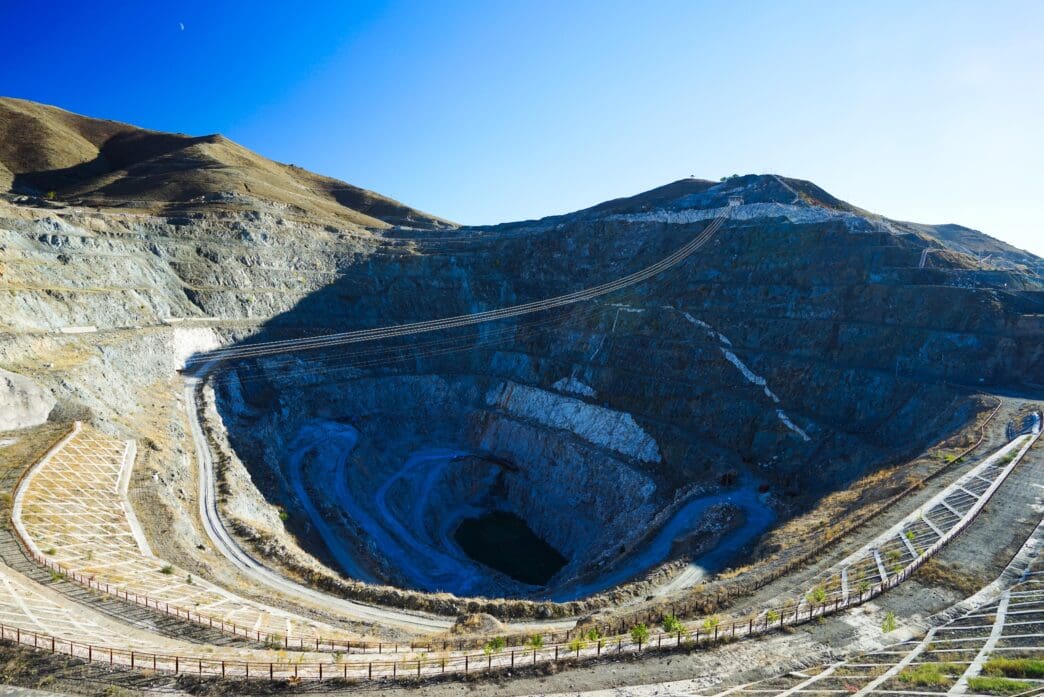Executive Summary
The Story So Far
Why This Matters
Who Thinks What?
China has significantly expanded its export controls on technologies related to rare earths, effective immediately, citing national security concerns over alleged military applications by unnamed foreign entities. This move by Beijing, which exerts considerable control over global rare-earth processing, directly impacts major importing nations including the United States, the European Union, and India.
New Export Control Measures
The new regulations, announced by China’s Commerce Ministry, mandate government approval for the export of technologies and their associated carriers. These include processes related to rare earths mining, smelting, and separation, as well as metal smelting, magnetic material manufacturing, and the recycling and utilization of rare earths from secondary sources.
The ministry stated that “some overseas organisations and individuals are directly processing rare earth items originating in China and then transferring or providing them to relevant organisations and individuals.” It further alleged that these items “were directly or indirectly used in sensitive areas such as military operations, causing significant damage or potential threats to China’s national security and interests.”
Global Market Dominance
China accounts for approximately 70 percent of the world’s rare earth mining and controls about 90 percent of their processing. This near-monopoly makes China a pivotal supplier of these precious metals, which are essential components in a wide array of modern equipment, including electric vehicles, advanced electronics, wind turbines, and defense systems.
Geopolitical Implications
Rare earths have long been a focal point in international trade and geopolitical discussions. The latest restrictions come ahead of a planned meeting between President Trump and Chinese President Xi Jinping at the Asia-Pacific Economic Cooperation (APEC) forum in South Korea later this month, where these critical materials are expected to be a key agenda item.
Previously, President Trump secured an interim trade deal after China reportedly halted rare earth exports, linking the move to the lifting of U.S. semiconductor chip restrictions. This demonstrated the strategic leverage China holds through its rare earth dominance.
Impact on Key Importers
The expanded controls are expected to intensify challenges for major importers. The United States, the European Union, and India have been actively negotiating with Beijing to ease existing restrictions and secure reliable access to these vital materials.
India’s automobile industry, for instance, has already faced disruptions due to Beijing’s earlier rare earth export limitations. Despite recent improvements in bilateral relations, China has yet to lift these restrictions for India.
Exemptions and Precedent
The Commerce Ministry clarified that exports for humanitarian assistance purposes, such as emergency medical care, public health emergency response, and disaster relief, will be exempt from the new licensing requirements. China first implemented controls on specific minerals in July 2023 and has progressively expanded the scope of these restrictions since then.
Key Takeaways
These expanded controls underscore China’s strategic leveraging of its rare earth dominance amid ongoing geopolitical and trade discussions with major global powers. The move highlights the critical role these materials play in national security and economic competition, prompting countries like the U.S., EU, and India to seek alternative supply chains.








